Reviews
Gabriel Fleming
USA, 2008
Credits
Review by Rumsey Taylor
Posted on 25 March 2008
Source 35mm print
Categories The 2008 South by Southwest Film Festival
The Lost Coast opens in montage between a close-up of an email (read in voice-over) and a dense, exotic forest, and proceeds to shift between the urban and rural environs. This disassociative editing is employed throughout (the email is revealed at intervals, anchoring the film’s chronology), establishing a sense of dislocation. Aptly, the characters spend the entire film wandering about, with a motion only to leave where they’re festering at the moment. These images are befitted greatly by a seeping, desolating score that continues for much of the film’s 74 minutes, evoking a particular sense of nostalgia, prompting you to recall a place to which you’ve never been. Essentially the entire film occurs at night, and although based in San Francisco contains none of its landmarks. There is a pervasive sense of both regret and nostalgia, pre-establishing the characters before a single human body is seen in full.
The film begins on Halloween night, with a group of friends meeting up to activate the evening with only a passing idea of what to do beforehand. They approach a street crowd - in one of the film’s visual highlights - that must number in the hundreds of thousands, and they proceed straight in. The sense of desolation remains; it’s an environment comprised not of greens and dampness but of strangers, streetlights, and pavement. Everything is surreal. And they depart, in search of either a party or some drugs that will delay confrontation with the more pressing issues that underlie.
Much of The Lost Coast - especially the latter half - finds silence and empty environments. But these environments (a Pacific beach, Golden Gate Park, a commuter bus) are manifestations of individual mind states. The night becomes darker, the liquor more effective, and preconceptions become reconfigured according to what’s revealed of these characters’ pasts. It all grows more desolate and ominous. But the film isn’t building toward a climax, not in a conventional sense. There is a simple plot that builds to a revelation, but I relent to describe it because it ultimately does little to explicate this sense of nostalgia. Sexuality and homophobia are addressed, but The Lost Coast evokes more than this
More essentially, The Lost Coast is about both longing and regret, and how these emotions may dispirit the present. These emotions are largely irresolute—this is not a film about confrontation in as much as it is about hesitancy. The characters share a history (they were high school classmates), and it’s clear something happened—and that that something lends friction to their current relationship. What I admire most about this film is how the particularity of this history is ultimately insignificant; any plot revelation does little to assuage the tone, which remains interpretable despite the film’s pronunciation of themes of sexual identification. This tone is the film’s greatest asset, with which most every other element is in harmony.
More The 2008 South by Southwest Film Festival
-
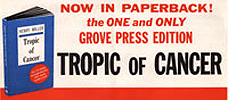
Obscene
2007 -

21
2007 -
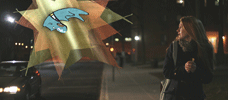
The Toe Tactic
2008 -
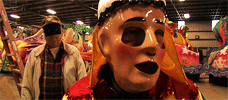
The Order of Myths
2008 -

Baghead
2008 -
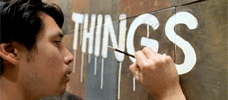
Beautiful Losers
2008 -
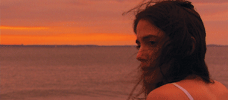
Paper Covers Rock
2008 -
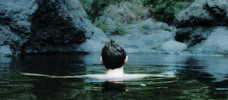
The Lost Coast
2008 -

Yeast
2008 -
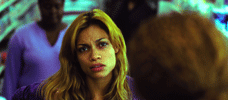
Explicit Ills
2008 -
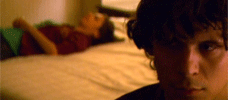
Natural Causes
2008 -

A Necessary Death
2008 -
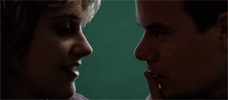
Nights and Weekends
2008
We don’t do comments anymore, but you may contact us here or find us on Twitter or Facebook.



